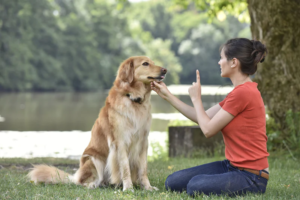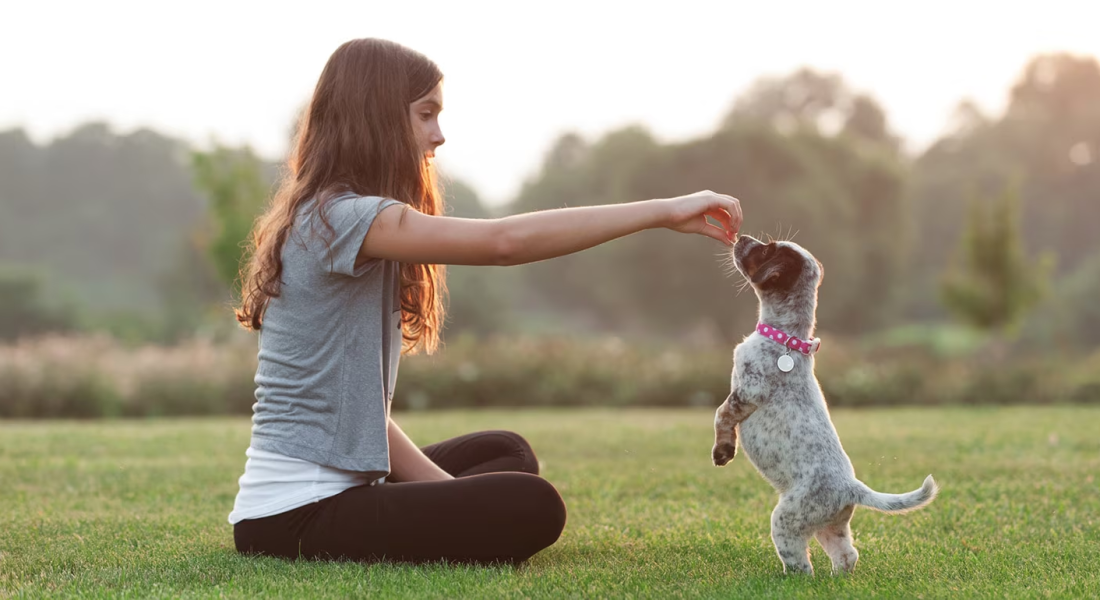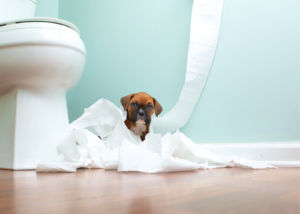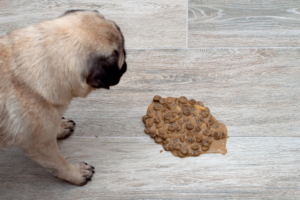Puppies are adorable, energetic and loving creatures that can quickly become an integral part of a household. However, along with their cute appearance comes a set of responsibilities that new owners may not be aware of. One crucial aspect of puppy ownership is training, which not only helps in developing good behavior but also strengthens the bond between the puppy and its owner.
As a new owner, it is essential to understand the fundamentals of puppy training to ensure a happy and well-behaved companion. This guide will provide you with all the necessary essentials for puppy training, from understanding their behavior and needs to implementing effective training techniques.
So, if you are ready to embark on this journey with your new furry friend, read on and discover the key elements of successful puppy training.
Understanding Puppy Behavior and Needs
Before diving into the specifics of puppy training, it is crucial to understand their behavior and needs. Puppies are like infants; they require constant attention, care, and love. They are also curious, playful, and eager to explore their surroundings. This innate curiosity can sometimes lead to destructive behaviors such as chewing or digging. However, it is essential to remember that these behaviors are normal for puppies and should not be punished.
Puppies also have basic needs such as food, water, exercise, and socialization. It is vital to establish a routine and provide proper nutrition to keep your puppy healthy and happy. Socialization is also crucial for puppies to learn how to interact with other animals and people. Lack of socialization can lead to fear or aggression issues in the future.
Understanding your puppy’s behavior and needs will help you create a suitable training plan that caters to their individual requirements.
Basic Training Techniques
When it comes to training your puppy, consistency is key. Puppies respond best to positive reinforcement and rewards-based training methods. This means praising and rewarding them for good behavior instead of punishing them for bad behavior.
It is also crucial to be patient and have realistic expectations. Puppies have a short attention span, so training sessions should be kept short but frequent. A good rule of thumb is to train for 5-10 minutes several times a day.
Start with basic commands such as “sit,” “stay,” and “come.” Use treats to lure and reward your puppy’s desired behavior. As they progress, you can gradually decrease the frequency of treats and replace them with verbal praise.
Consistency is also important when it comes to house training. Establish a routine for bathroom breaks and make sure to take them out frequently, especially after meals or naps. Accidents will happen, but it is essential to remain patient and consistent.
Advanced Training Techniques
Once your puppy has mastered the basic commands and is house trained, you can move on to advanced training techniques. These may include leash walking, crate training, and even tricks like “fetch” or “leave it”.
Leash walking is an essential skill that allows you to take your puppy out for walks and explore the outside world together. Start with short walks and gradually increase the distance as your puppy gets more comfortable.
Crate training can also be beneficial for puppies and their owners. It provides a safe and secure space for them to rest or stay while you are away. However, it is crucial to introduce the crate gradually and make it a positive experience for your puppy.
Tricks can be a fun way to challenge your puppy’s mental and physical abilities. Remember to keep training sessions short and use positive reinforcement.
Consistency is Key
Consistency is vital in all aspects of puppy training, from basic commands to advanced techniques. It is also important to be patient and understanding; after all, puppies are still learning and growing. If you find yourself struggling, don’t hesitate to seek professional help from a certified dog trainer.
Remember, training is not just about teaching your puppy good behavior; it’s also about developing a strong bond and trust between you and your furry friend. With patience, consistency, and lots of love, your puppy will grow into a well-behaved companion that brings joy and happiness to your life.

How to Deal with Common Training Challenges
While puppy training can be a rewarding experience, it is not without its challenges. As a new owner, you may encounter some common issues such as biting, chewing, or potty accidents.
Biting and chewing are natural behaviors for puppies as they explore the world around them. However, it is essential to redirect this behavior towards appropriate toys and discourage biting on hands or furniture. Consistent training and positive reinforcement can help curb these habits.
Potty accidents are also common, especially during the early stages of house training. Be patient and consistent with your puppy’s bathroom breaks, use positive reinforcement when they go potty outside, and avoid punishment for accidents indoors.
With proper understanding, patience, and consistency, you can overcome these common challenges and have a well-behaved puppy that is a joy to be around. Remember, it takes time and effort, but the end result is worth it.
Mistakes to Avoid
Here are some common mistakes to avoid when training your puppy:
- Punishing bad behavior: As mentioned earlier, punishing bad behavior can create fear and anxiety in puppies. Instead, focus on reinforcing good behavior through positive reinforcement.
- Inconsistency: Puppies thrive on routine and consistency. Inconsistent training methods or rules can confuse them and hinder their progress.
- Skipping socialization: Socialization is crucial for a puppy’s development. Make sure to expose your puppy to different people, animals, and environments in a positive and controlled manner.
- Expecting too much, too soon: Puppies are not born knowing how to behave; it takes time and patience to train them. Have realistic expectations and be patient with your puppy’s progress.
- Neglecting mental and physical stimulation: Puppies have a lot of energy and need both mental and physical stimulation to stay healthy and happy. Make sure to provide plenty of playtime, exercise, and training sessions.
Conclusion
Puppy training requires commitment, patience, and consistency. By understanding your puppy’s behavior and needs and using positive reinforcement techniques, you can create a strong bond with your furry companion while teaching them good behavior. Remember to be patient, avoid common mistakes, and seek help when needed, and you will have a well-trained puppy that brings joy to your life for years to come.
Keep in mind that training is an ongoing process, and it’s essential to continue reinforcing good behavior throughout your puppy’s life. With love and patience, your puppy will grow into a well-behaved and happy adult dog. Enjoy the journey, keep learning, growing, and strengthening that bond with your puppy through positive reinforcement and consistent training. Happy training!




